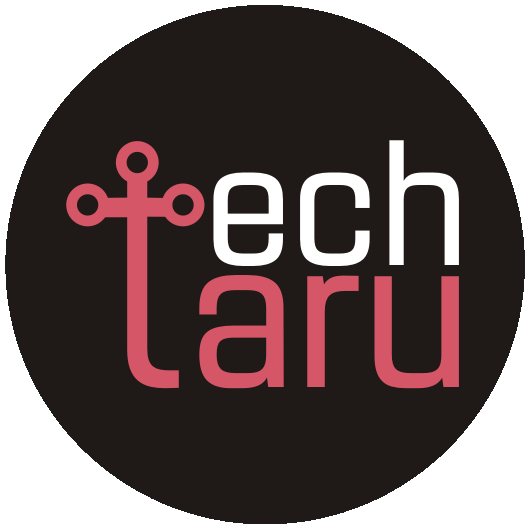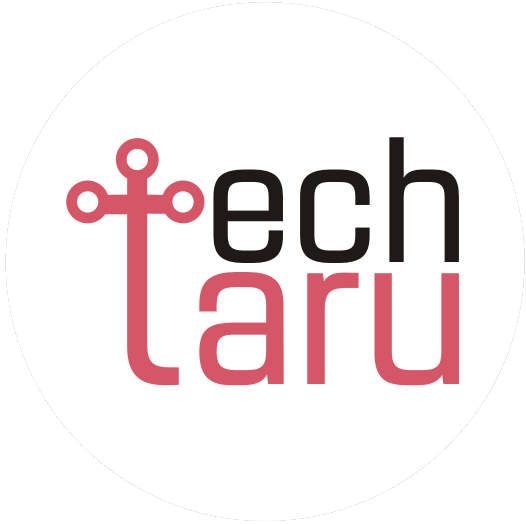"top 10 AI tools for your business in 2023"
Artificial Intelligence (AI) has revolutionized the way businesses operate in recent years. From predictive analytics to natural language processing, AI-powered tools can help organizations automate tasks, improve decision-making, and boost productivity. In this article, we’ll explore the top 10 AI tools that can help grow your business.
Grow Your Business With Us
1. Salesforce Einstein:
Salesforce Einstein is an AI-powered tool that helps businesses with customer relationship management. It uses machine learning algorithms to analyze customer data and provides insights on sales, marketing, and customer service. With Salesforce Einstein, businesses can automate their sales processes, create personalized marketing campaigns, and improve customer engagement.
2. Hootsuite Insights:
Hootsuite Insights is an AI-powered social media monitoring tool that helps businesses track and analyze their social media performance. It uses natural language processing and sentiment analysis to identify trends and insights, monitor brand reputation, and optimize social media campaigns.
3. IBM Watson Studio:
IBM Watson Studio is an AI-powered platform that helps businesses build, train, and deploy machine learning models. It provides a comprehensive set of tools and services for data scientists and developers to create custom AI models and integrate them into their applications.
4. Grammarly:
Grammarly is an AI-powered writing assistant that helps businesses improve their written communication. It uses natural language processing to analyze grammar, spelling, and punctuation errors, and suggests corrections in real-time. With Grammarly, businesses can ensure that their written content is error-free and professional.
5. HubSpot Marketing Hub:
HubSpot Marketing Hub is an AI-powered marketing automation tool that helps businesses attract, engage, and delight customers. It uses machine learning algorithms to create personalized marketing campaigns, analyze customer behavior, and optimize marketing strategies.
6. TensorFlow:
TensorFlow is an open-source AI platform that helps businesses develop and deploy machine learning models. It provides a flexible and scalable framework for building custom AI models that can be integrated into various applications and systems.
7. Zoho CRM
Zoho CRM is an AI-powered customer relationship management tool that helps businesses automate their sales processes, improve customer engagement, and track performance metrics. It uses machine learning algorithms to analyze customer data and provides insights on sales, marketing, and customer service.
8. Google Cloud AutoML:
Google Cloud AutoML is an AI-powered platform that helps businesses create custom machine learning models without extensive technical expertise. It provides a drag-and-drop interface that enables users to create models for image recognition, natural language processing, and other applications.
9. Adobe Sensei:
Adobe Sensei is an AI-powered platform that helps businesses improve their digital content creation and delivery. It uses machine learning algorithms to analyze user behavior, optimize content, and automate workflows.
10. Amazon SageMaker:
Amazon SageMaker is an AI-powered platform that helps businesses build, train, and deploy machine learning models on the Amazon Web Services (AWS) cloud. It provides a comprehensive set of tools and services for data scientists and developers to create custom AI models and integrate them into their applications.
Conclusion
In conclusion, AI tools can help businesses automate tasks, improve decision-making, and boost productivity. From customer relationship management to marketing automation, the AI-powered tools mentioned above can help businesses grow and scale in today’s digital landscape. While AI has immense potential to help businesses grow, it’s important to note that these tools are not a silver bullet. Implementing AI requires a thorough understanding of the business needs, data availability, and technical expertise. It’s crucial to assess the costs and benefits of each AI tool and ensure that it aligns with the business strategy. Moreover, businesses must prioritize data privacy and ethical considerations when implementing AI. AI models are only as good as the data they are trained on, and biased or inaccurate data can lead to unintended consequences. It’s essential to ensure that the AI models are transparent, explainable, and auditable to mitigate any potential risks.


